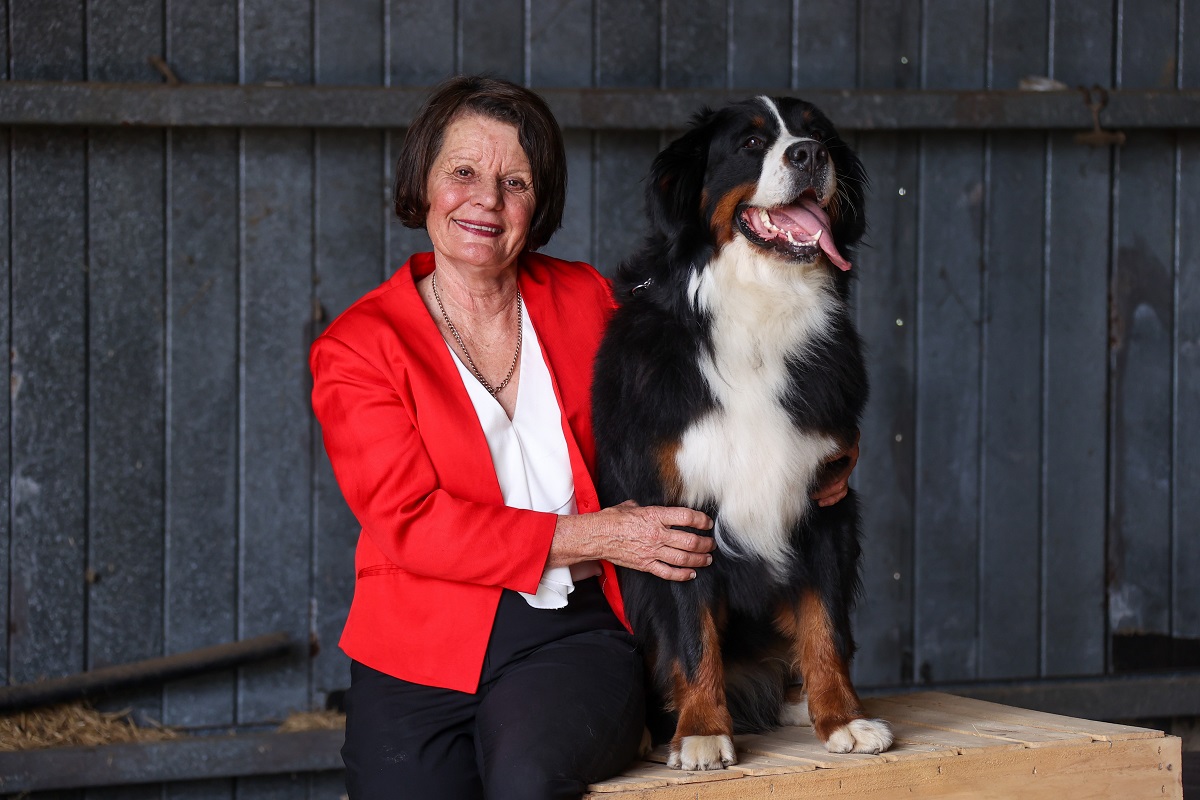Lyn Brand, President, Dogs NSW, explains why proposed legislation will have a devastating effect on the industry.
When did you last see a stray dog that was eating from a bin in the street, malnourished, distressed and – worst of all – unwanted?
Most likely you have seen none because these days pet owners cherish their animals. When you see a dog in the street, it will be on its lead or harness, sitting with its family at an outdoor café, part of a community.
The pandemic has changed the place of companion animals in homes. Laws shore up the rights and obligations of owners, pets and neighbours.
But proposed legislation, with massive over-reach, threatens not just to keep strays off the streets but also to remove our pets from our homes or yards.
In the NSW Upper House, the Animal Justice Party is promoting the Companion Animals Amendment (Puppy Farms) Bill 2021, mainly aimed at eliminating, as it says, puppy farms – a practice that my purebreed organisation, Dogs NSW, abhors. Other key aims include limiting puppy and kitten sales (the Bill covers dogs and cats) in pet shops.
The Bill, at best misguided, aims to curb “intensive breeding of companion animals” by capping the number of dogs a breeder can have and the number of litters. Under these limits, genuine and responsible purebred kennels become the low-hanging branch, as they account for just 13.4 per cent of dogs bred in NSW.
Dogs NSW members observe their own code of ethics and follow rigorous standards of welfare and certification. Anyone who breaches these will be penalised or suspended – but, if the amendments pass, some breeders could become instant outlaws. The proposed limits are: 10 breeding animals; two litters only from each female, then they must be desexed; and males to be castrated at six years of age.
Legislation like this will be counter-productive. It will tug at the heartstrings but it will break hearts. It will push good people out and open the door to yet more dodgy businesses. It will restrict access to outside bloodlines and potentially spell the end of some breeds.
And it will deny people the companion or pet, puppy or kitten, of their choice because scarcity will push prices up, even if you can find a breeder with available litters or you can wait months or longer for one to arrive from restricted mating.
Meanwhile, crossbreeding kennels fill demand, producing dogs with sought-after coat colours and other traits and, anecdotally, getting tens of thousands of dollars for them.
There are draconian measures in the Bill, for example, local council officers being authorised to seize animals without recourse – from a licensed, regulated and caring operation and a breeder who microchips his new litter and certifies their fitness for sale.
How will that measure apply to the “farmer” who goes under the radar, selling puppies from a facility where bitches are bred constantly in horrendous conditions. The farmer, if he comes to the attention of animal welfare inspectors, moves further north, west or south to another isolated shed.
The Bill seeks to wipe out this practice but has the potential to persecute the people maintaining breed consistency. There are fines and jail terms at worst. It calls for breeders to have one staff member for every five animals, which is more than the ratio in aged care.
Dogs NSW members are not puppy farmers – we love our animals, so we are not in it for the money. For what I have spent on buying dogs from overseas to improve bloodlines, flying and quarantining them, then looking after their welfare and feeding, I could have built a house!
The number of breeders is declining, though, and this will lead eventually to scarcity of some breeds. During the pandemic, lots of families brought dogs into their homes – now, this Bill threatens to take them away. Instead of your child asking, “Can we have a puppy?” the question will be, “Where can we get a puppy?”

